When you’re considering a new kitchen remodel, the layout and design of your kitchen are a big decision. You’ll want to think about cabinets, countertops, appliances, flooring – all the details that go into making your dream kitchen come true. One detail that some people overlook though is how long it will take for their new counters to be installed after they’ve been ordered. This blog post will give you an idea of what to expect when installing new kitchens!
Time to Install Different Types and Materials
The first thing you need to know is how long it takes to install a countertop will depending on the material you choose and who does the installation. The time can range anywhere from one day to four days. Let’s take a look at each material and how long it takes to install:
Laminate countertops
Laminate countertops are probably the most well-known, and they can come in a variety of colors. They’re often made from recycled materials, which is great for your eco-friendly side too! Laminate may not be as durable or heavy-duty as other options, but it’s easy to clean and maintain. The average time needed for installation usually falls around a couple of hours depending on the size of the project you have planned out.
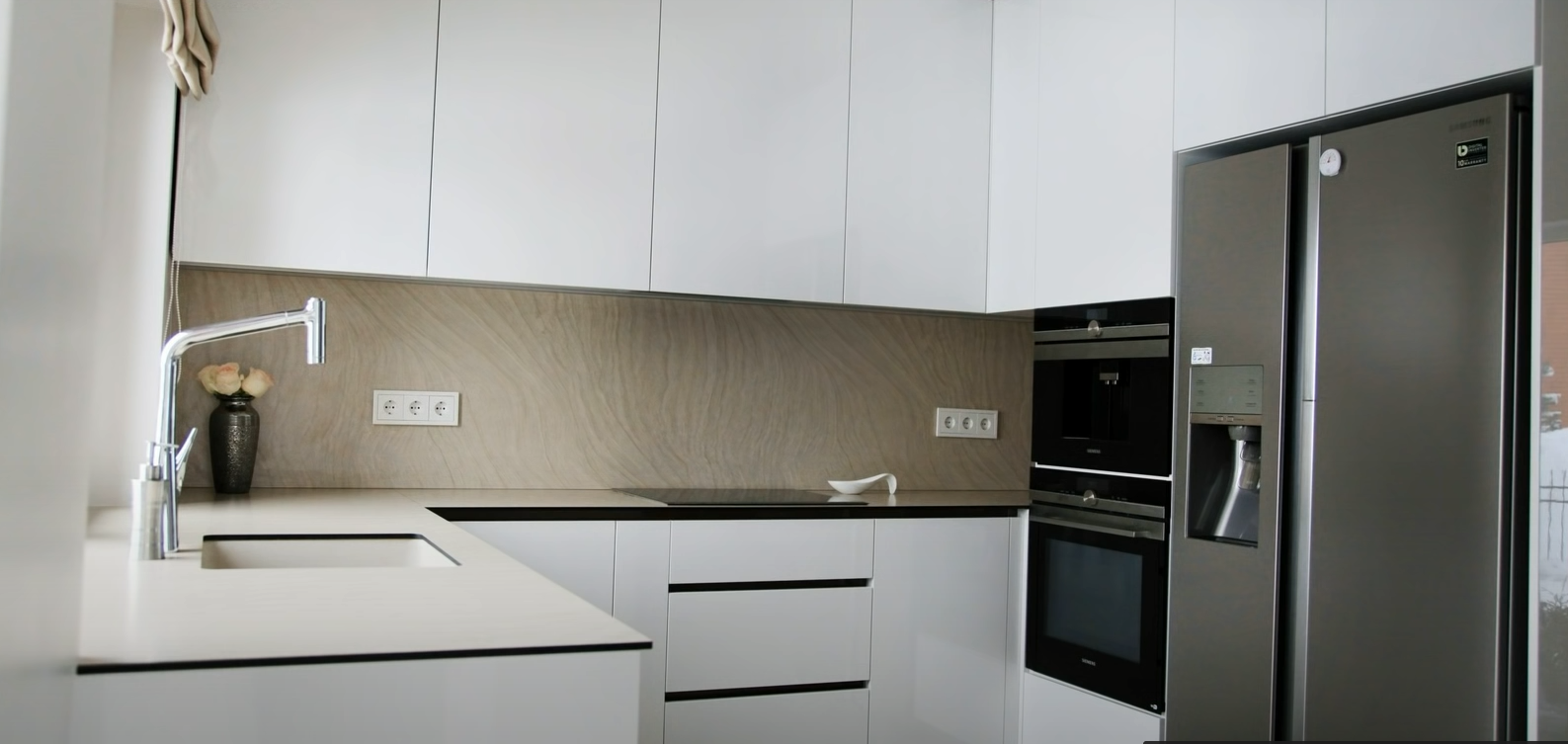
Wood countertops
Wood countertops are very popular for kitchens, and for good reason. They look great and are easy to clean, but they do require some maintenance as well. Wood countertops can be oiled or waxed just like a wooden table, so you will need those materials on hand before the installation begins.
Wood countertops are available in different grades of quality depending on your budget and desire to look for your kitchen. The higher-grade you choose, the more expensive they are but also the longer they will last with less wear and tear over time. If you go lower than what you would like or need, then there may be some problems down the road that require additional work which can increase installation times as well.
Some woods used for these countertops include oak, maple, cherry, walnut, and mahogany. Each of them is a beautiful choice, but some are more expensive than others as well. It usually takes about 3 hours to install a wood countertop, though the time will vary based on how thick it is.
Glass countertops
Glass countertops can be a great option for your kitchen because they come in a variety of styles and colors. There are some things to consider when deciding on glass countertops including cost, durability, maintenance costs, appearance, and eco-friendliness.
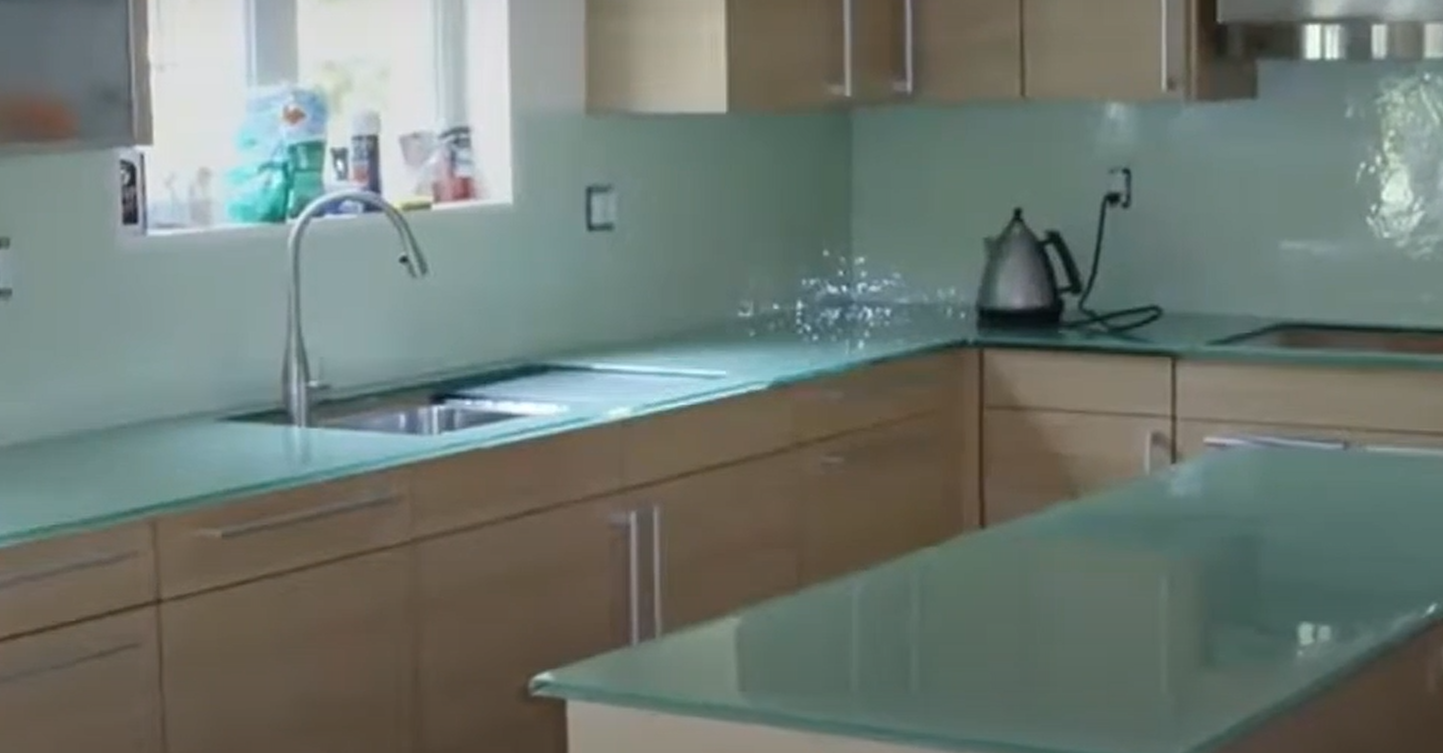
It takes about one day to install most types of custom-made glass countertops as long as the cabinet underneath is properly prepared.
Stainless steel countertops
Stainless steel countertops are a popular choice for those looking to give their kitchen or bathroom an upscale, modern appearance. Stainless steel is very durable and as such it’s one of the most resilient materials available on the market today. Moreover, stainless steel countertops are easy to clean and maintain which makes them ideal for busy families with young children who need surfaces they can wipe down quickly after meals. It will take about a day to install a stainless steel countertop, and it’s important to note that these can be cut on-site if needed.
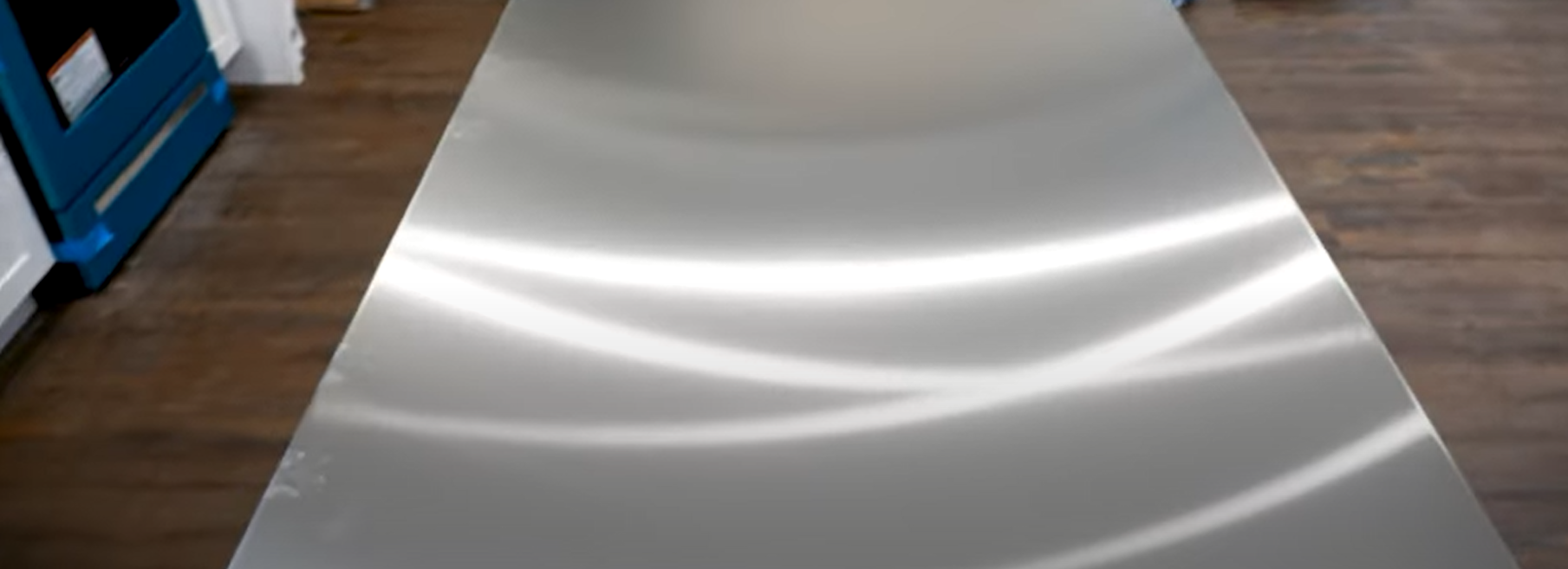
Quartz countertops
Quartz countertops are made by heating crushed quartz to about 1800 degrees Fahrenheit, melting the rock into a liquid. The melted material is then poured onto aluminum or steel plates that are cooled quickly with cold air or water spray.
When the material cools, it solidifies into a flat sheet with an even thickness. The sheets are then polished to remove any surface imperfections or natural variations that would otherwise prevent uniform coloring of the finished countertops. Then they’re ready for installation!
It usually takes a few days to a week from the time your order is placed until the quartz countertops arrive at your home, and it should take about a day to install them.
Granite and Marble countertops
Granite and Marble countertops are strong, durable, and come in a wide variety of colors. These countertops are made from natural stones that can be quarried either into slabs or as individual pieces then cut to size with diamond saws. They are also heavy and need a sturdy installation.

Granite countertops are quarried from rocks that have been put under tremendous heat and pressure for thousands of years, creating a dense stone with veins of quartz running through it in different colors. The most popular granite color is white but there are many variations available like black, blue, pink, green, or gold to name just a few.
Marble on the other hand can be found everywhere around the world including Italy (Carrara marble), Russia (Ural Mountains), and China (Yunnan). It has more subtle variation than granite which makes it easier to find matching pieces when installing new kitchen cabinets. Depending on where the marble comes from will determine its veining and coloring.
Marble also comes in many different textures. Honed marble has a smooth matte finish and is very low maintenance, while polished or flamed with have a shiny surface that can be slippery when wet.
Installation of countertops made of natural stones like Marble and Granite vary in difficulty depending on the size, weight, and number of pieces. Slabs are easier to install than individual pieces because they can be moved around with a crane or hoist while simple shapes cut from slabs may only need supporting underneath. It takes longer to install smaller pieces because they have to be fitted around corners and edges. The average time of installation is about one week for one person to install a countertop.
Concrete countertops
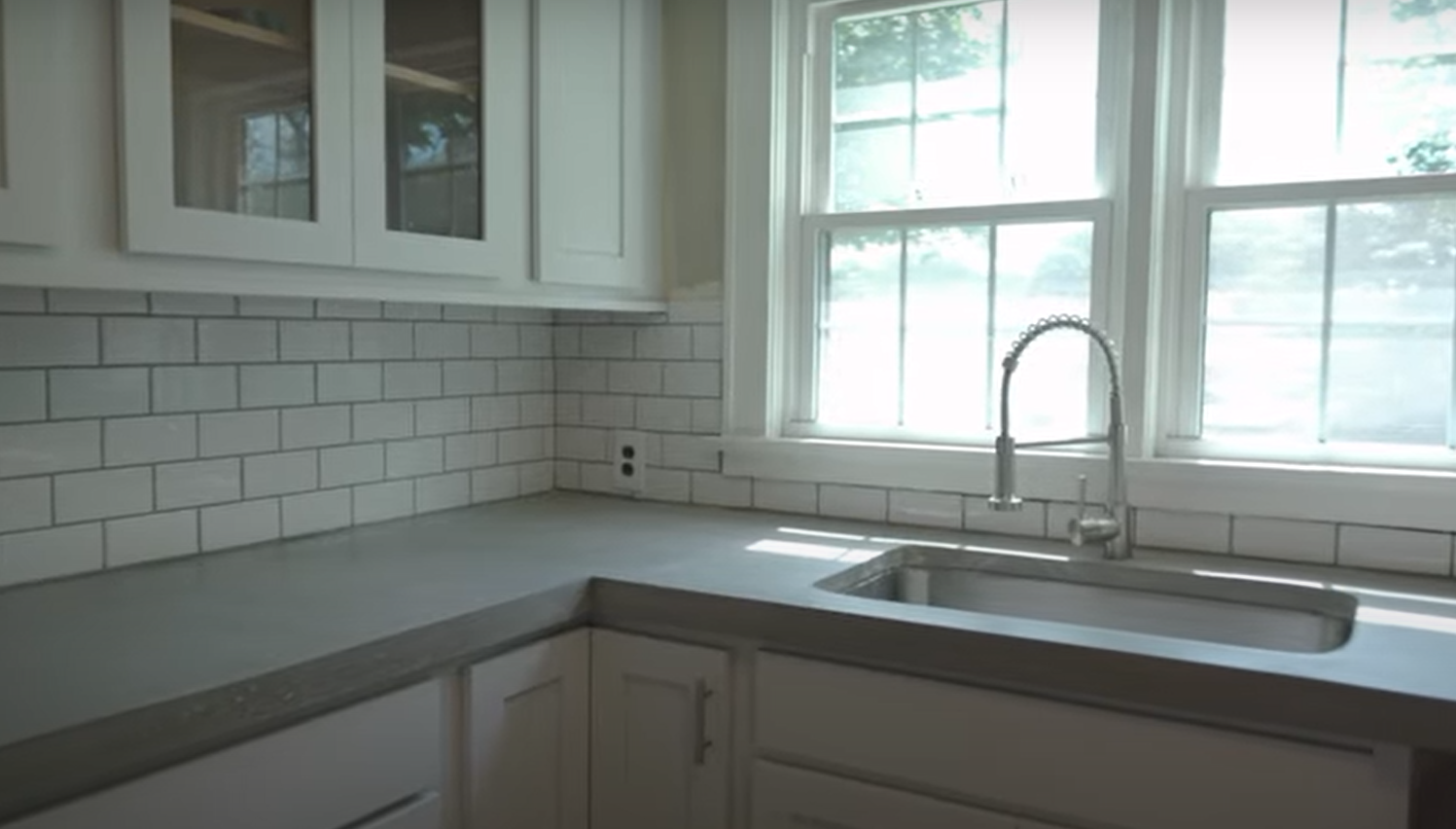
Concrete countertops are a unique choice because they can be customized for any look to fit with the overall style of your kitchen. They do require sealing, but this is simple and easy to take care of at home. Usually, concrete countertops can be installed in one day.
Concrete is porous, so it requires special care during the installation process to ensure that liquids don’t get trapped underneath and expand later on. This would cause cracks or other damage, which isn’t covered by manufacturer warranties. To avoid this problem, the sealer must be applied every three months for at least four hours after use each time your clean-up spills or has anything else go under the surface of the stone.
Tile countertops
One of the most popular countertop materials is tile. Tile comes in a variety of colors and patterns, so you can be sure to find one that fits your style preferences. When installing, it’s important to make sure all seams are sealed properly for watertight protection against leaks and spills; otherwise, you’ll end up with an expensive repair bill down the road. The installation of tile countertops will take about a day.
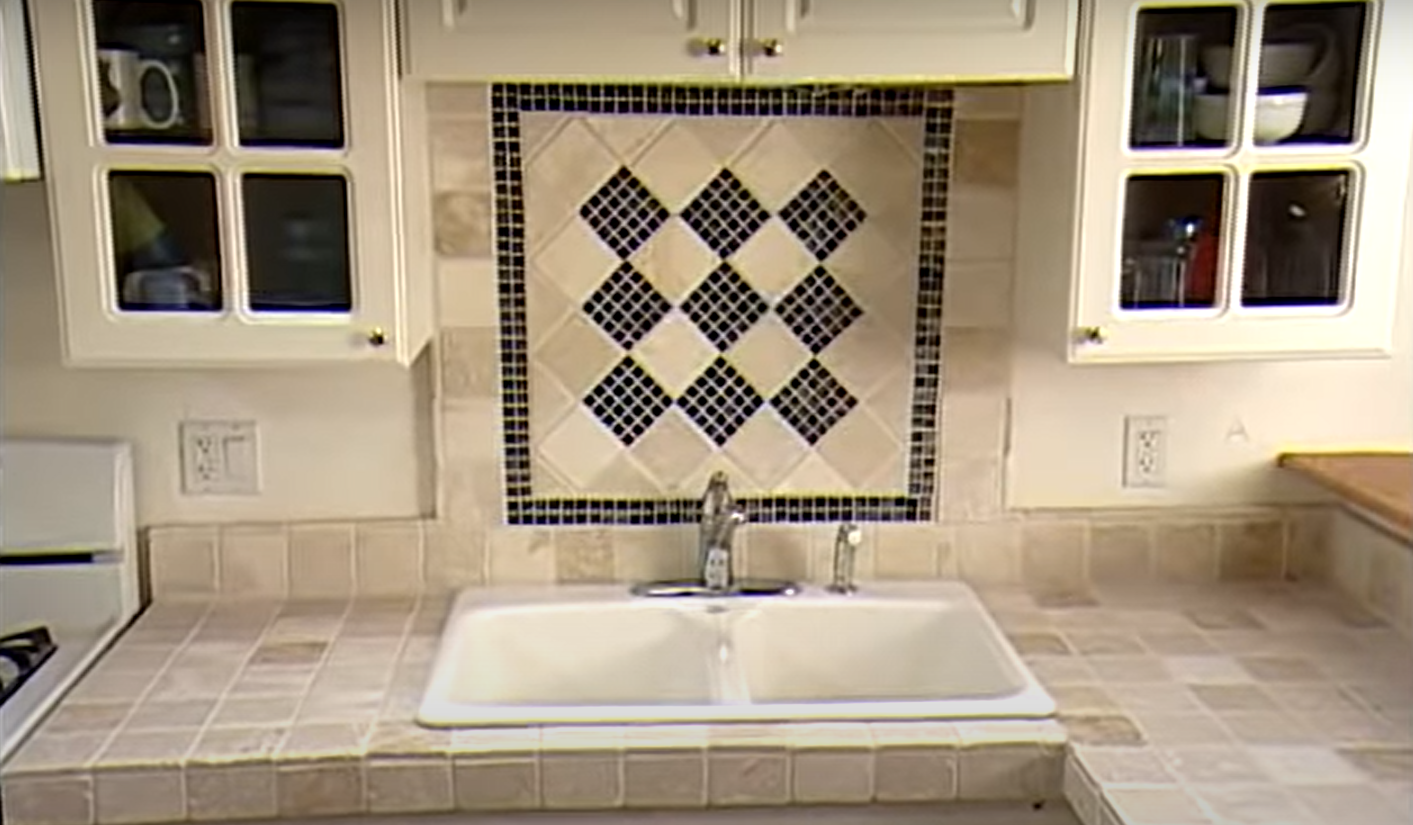
Other Things to Consider
How much time is needed depends on several factors:
Are you planning to hire a professional installer? Do-it-yourself kits can take less than two days if you have all your materials at hand while hiring an experienced pro with everything they need could cut down installation by half or more. If something goes wrong during installation it might even take twice as long again!
If so, what material will be installed? Different types of flooring require different installation techniques. For example, engineered hardwood has a click-and-lock system that makes it easy for do-it-yourselfers to install themselves in just a few hours.
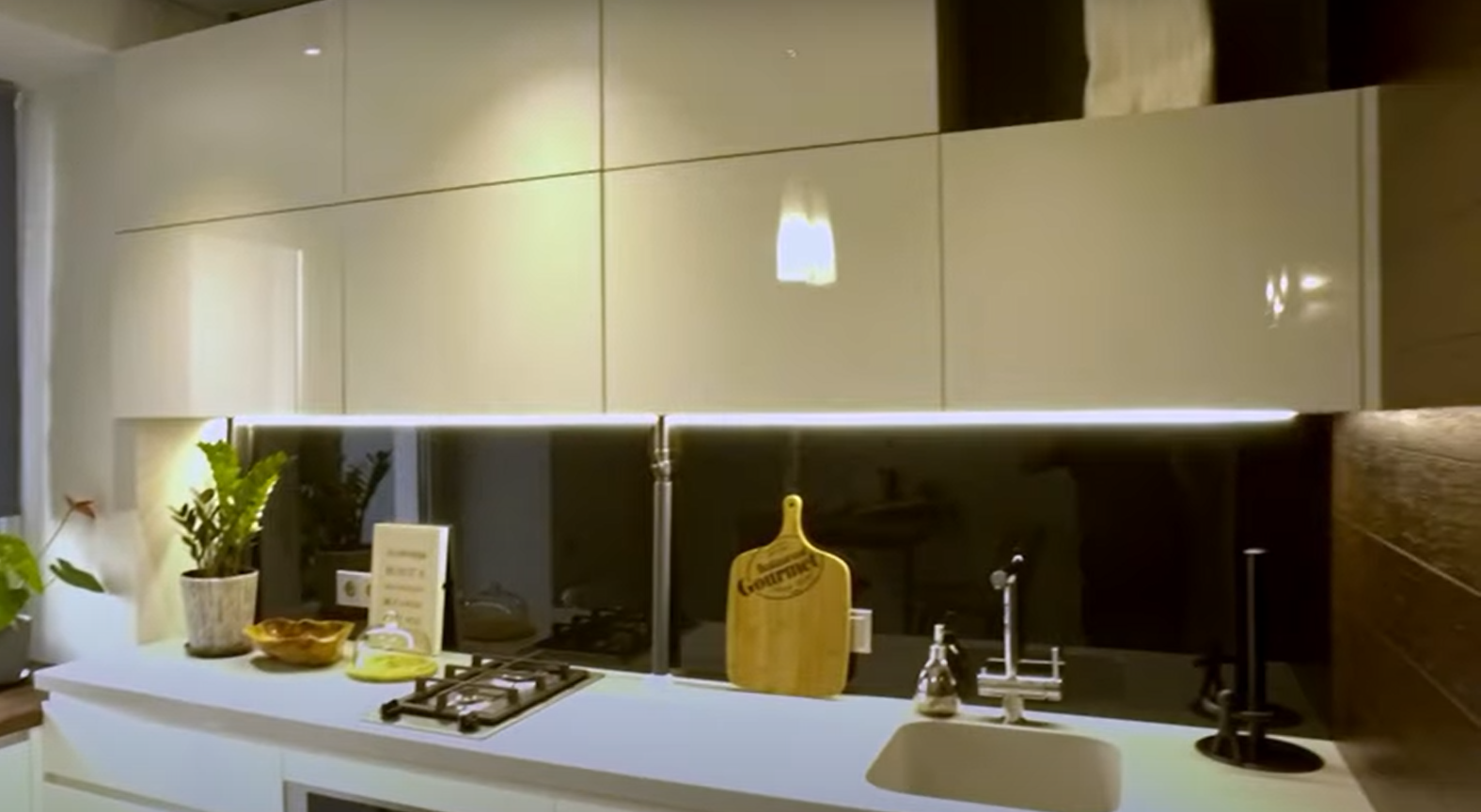
Are there any electrical outlets or plumbing fixtures that need moving? Remember these appliances need access too even though they won’t be moved during the process of remodeling them doesn’t mean they should stay out of place while workers are busy elsewhere.
What is your budget? If you are on a tight budget then DIY installation might not be the best option unless it’s an easy-to-install countertop like laminate or vinyl tiles – both of which can take as little as two hours to install! Solid surfaces and engineered stones require special tools for cutting so this will add time too. On average, granite requires about twenty man hours while quartz and solid surfaces only need half that much again.
Comparison of Installation Times for Kitchen Countertops
This table provides a comparison of the installation times for kitchen countertops using different materials or methods. The data provides an overview of the average time required for installation. Please note that these times are approximate and can vary based on factors such as countertop size, complexity of the installation, and the experience of the installer.
| Countertop Material/Method | Average Installation Time (hours) |
|---|---|
| Laminate | 2-4 |
| Granite | 4-8 |
| Quartz | 4-8 |
| Butcher Block | 6-10 |
| Poured Concrete | 8-12 |
| Tiled | 10-14 |
| Pre-Cut Countertop | 2-6 |
This table presents the average installation times for various kitchen countertop materials or methods.
- Laminate: Installing laminate countertops typically takes between 2 to 4 hours on average.
- Granite and Quartz: Installing natural stone countertops like granite or quartz can require more time, usually ranging from 4 to 8 hours.
- Butcher Block: For butcher block countertops, the installation time can be slightly longer, typically taking around 6 to 10 hours.
- Poured Concrete: Poured concrete countertops require more time due to the curing process, with an average installation time of 8 to 12 hours.
- Tiled: Tiled countertops, which involve laying individual tiles, usually take the longest to install, with an average time of 10 to 14 hours.
- Pre-Cut Countertop: If you opt for pre-cut countertops, which come with pre-determined dimensions, the installation time is generally shorter, ranging from 2 to 6 hours.
It’s important to note that these times are estimates and can vary depending on factors such as the size and complexity of the countertop, the skill level of the installer, and any additional customization or special requirements.
FAQ
How long after the granite is installed can you use it?
The water needs to be off when the countertops are installed, so it can take up to 24 hours before you turn on your faucet. After that point, the new granite is ready for use.
Should I empty the cabinets before installing the countertop?
If you want to, it’s a good idea! It will help make sure there aren’t any issues and the cabinets stay tidy.
Do quartz countertops chip easily?
Just like natural stone, quartz is a material that can chip or crack if struck with force. And it’s more likely to happen on the countertop edges because they’re not as thick as slab counters and therefore weaker.
How long does it typically take to install kitchen countertops?
The duration of kitchen countertop installation can vary depending on several factors, such as the type of countertop material, the size of the kitchen, and the complexity of the installation. On average, countertop installation can take anywhere from a few hours to a few days.
What factors can affect the installation time for kitchen countertops?
Several factors can influence the time it takes to install kitchen countertops. These include:
- The size and layout of the kitchen: Larger kitchens or kitchens with complex designs may require more time for precise measurements, cutting, and fitting.
- The type of countertop material: Different materials, such as granite, quartz, or laminate, have varying installation requirements that can impact the time needed.
- The availability of materials and equipment: Delays in the delivery of countertops or specialized tools can extend the installation time.
- The level of customization: If you have specific design elements or customizations, it may take longer to fabricate and install the countertops.
- The experience and efficiency of the installation team: Professional installers with extensive experience can often complete the job more quickly.
What is the average installation time for granite countertops?
The installation time for granite countertops can range from one to three days. This timeframe includes the preparation work, such as templating, cutting, and polishing the granite slabs, as well as the actual installation process. The complexity of the design and the size of the kitchen will also influence the installation duration.
How long does it typically take to install quartz countertops?
The installation time for quartz countertops is usually similar to that of granite countertops. It can take anywhere from one to three days, depending on factors such as the kitchen size, complexity of the design, and any customizations required. Quartz countertops require precise measurements and cutting to fit properly, which can contribute to the installation duration.
Are there any additional steps that might extend the installation time?
Yes, there are certain circumstances that can prolong the installation process. Some factors that might extend the installation time include:
- Plumbing and electrical work: If you’re also installing new sinks, faucets, or appliances, or if there are any electrical modifications needed, it will add extra time to the installation process.
- Demolition and removal of existing countertops: If there are existing countertops that need to be removed or if any demolition work is necessary, it will increase the overall installation time.
- Sealing and curing time: Some countertop materials, such as certain types of natural stone, require sealing after installation. This process may involve allowing the sealant to cure for a specific duration before the countertops can be fully utilized.
What can I do to help expedite the countertop installation process?
To help ensure a smooth and timely installation process, you can take the following steps:
- Clear the workspace: Remove any items from the countertops and adjacent areas to provide unobstructed access for the installation team.
- Prepare the cabinets: Emptying the cabinets underneath the countertops is generally recommended to facilitate the installation process, although this may vary depending on the specific project requirements.
- Coordinate with other contractors: If other contractors, such as plumbers or electricians, are involved in the project, make sure their work is completed or well-coordinated to avoid any delays during the countertop installation.
- Communicate your expectations: Discuss the timeline and any specific requirements with the countertop installers beforehand to ensure everyone is on the same page.
Useful Video: How To Install A Tile Counter Top
Final Thoughts
In the end, it’s up to you as a homeowner what type of countertop material that your kitchen should have. Other factors such as budget may need to be considered as well.
A lot of factors can cause delays in the installation process like access to electrical or plumbing lines, cabinets that need replacing, ovens and dishwashers that need relocating, and even minor structural changes. A good rule is if you are having new kitchen cabinets installed at the same time as your countertops they will be finished together but it’s best not to make firm plans around this because things come up unexpectedly during construction projects.
The number one tip would be to make sure that if there are any issues or concerns with installing the countertops yourself right now, hire a professional contractor who can do all of these things related to building new counters in your home correctly and fast from start to finish!
We hope that this article was helpful and you now have a better understanding of kitchen countertops, if so feel free to share it on social media.
Let us know what you think about our article, leave a comment below. Thanks for reading!














Leave a Reply